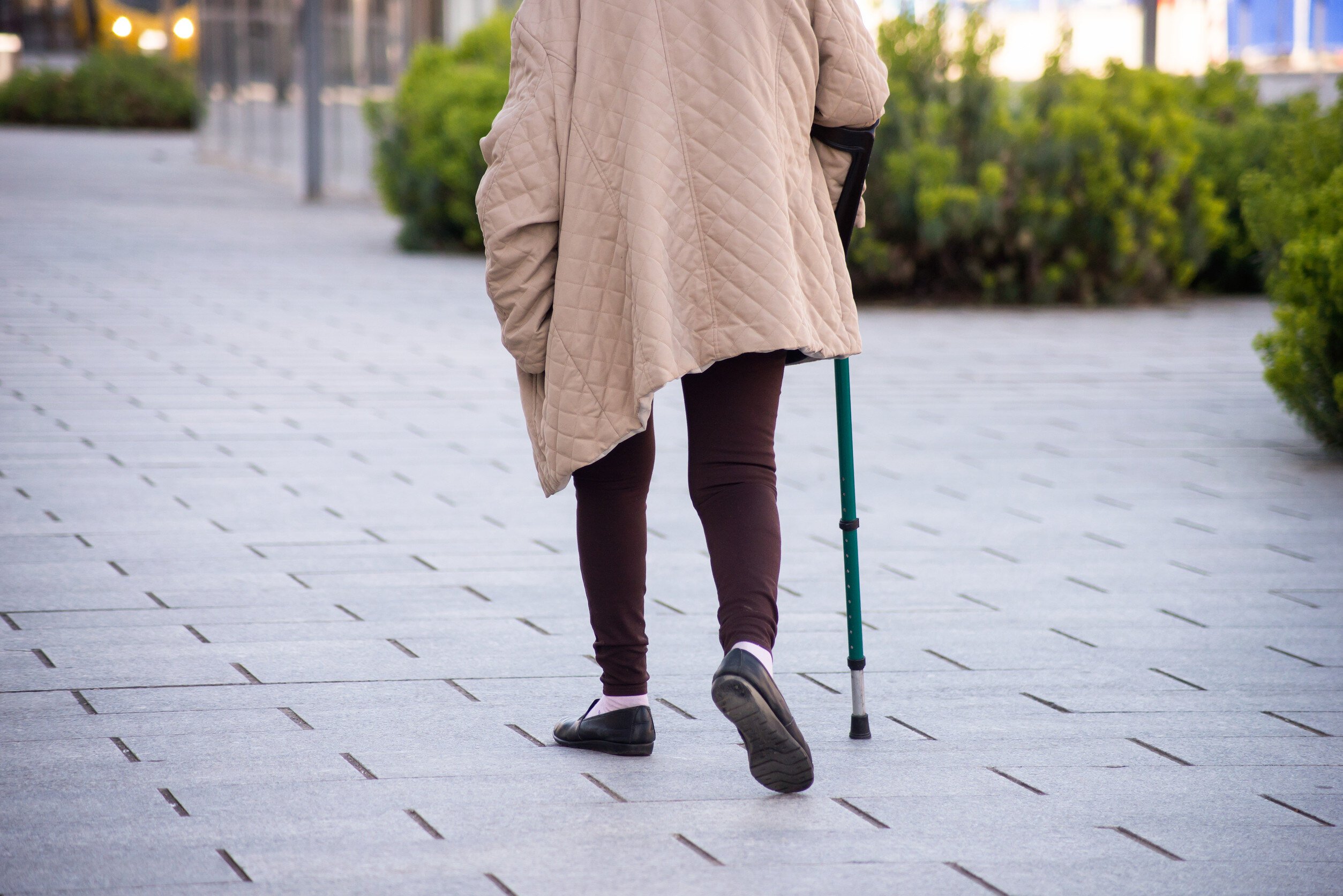
In Wilder v. Kijakazi, the U.S. Court of Appeals for the Seventh Circuit affirmed the denial of Social Security Disability Insurance (SSDI) benefits to Brenda Wilder, rejecting her arguments that the administrative law judge (ALJ) erred in evaluating her impairments, symptom testimony, and need for expert input. The court found the ALJ's decision was supported by substantial evidence.
Background and Impairment History
Wilder alleged disability beginning in 2015 due to cerebellar ataxia, spinal issues, and chronic hip and back pain. Her medical history included multiple falls, difficulty walking, and balance impairments, as well as back surgeries and physical therapy. She often used a cane and reported frequent falls at her SSDI hearing. However, treatment records also noted periods of stability and observations of walking without assistance.
The ALJ concluded that while Wilder’s impairments were severe, they did not meet or medically equal any listed impairment, including Listing 11.17(A) for neurodegenerative disorders. The ALJ found she had the residual functional capacity (RFC) to perform sedentary work with limitations and that jobs existed in the national economy she could perform.
Arguments on Appeal and Court Analysis
Wilder argued that the ALJ failed to consider whether her condition met Listing 11.17(A), which requires an extreme limitation in standing or balancing using two assistive devices. She claimed the ALJ should have consulted a medical expert and that her subjective symptoms were improperly discounted.
The Seventh Circuit disagreed, noting:
-
Wilder used only one cane and could walk short distances and rise from a seated position without assistance, disqualifying her from meeting the Listing.
-
The ALJ was not required to consult a medical expert absent evidence reasonably supporting medical equivalence.
-
Wilder’s attorney conceded at the hearing that she did not meet a Listing, and later raised the possibility of equivalence without supporting evidence.
The court found no legal error in the ALJ’s choice not to mention Listing 11.17 specifically, since Wilder had not argued it at the hearing. The decision referenced Listings 1.02 and 1.04, which were more applicable given Wilder’s musculoskeletal impairments.
Credibility and Symptom Evaluation
The court also upheld the ALJ’s credibility determination. The ALJ noted inconsistencies in Wilder’s testimony about falling and treatment attendance, as well as observations from treating physicians indicating she sometimes walked without difficulty. While the ALJ incorrectly stated Wilder never attended therapy, the court deemed this harmless error, as other record evidence supported the credibility findings.
The ALJ’s rejection of state agency findings that Wilder could perform light work further demonstrated attention to her physical limitations. The court concluded the ALJ’s residual functional capacity finding was sufficiently supported.
Legal Support for Disability Appeals
Disability denials may involve complex disputes about medical Listings, testimony, and RFC. Our attorneys at Whitcomb, Selinsky, PC help clients understand their appeal rights, evaluate ALJ errors, and navigate federal court review of SSDI benefit denials.


